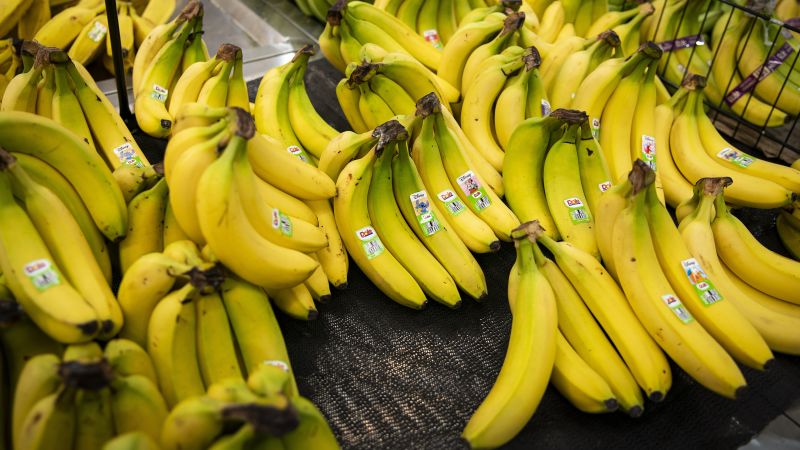If longshore workers at East and Gulf Coast ports go on strike on Tuesday, it could impact the supply of popular products, including chocolate, alcohol, fruit, and certain cars. While businesses have been preparing for the strike, it doesn’t make economic sense to ship goods through alternative ports or by plane. If the strike lasts a long time, there could be shortages and higher prices for available goods.
The holiday shopping season might not be as affected as feared, as most retailers already have 70% of their holiday goods shipped through the ports at this time of year. However, there are concerns regarding how long it will take to recover from even a short strike. The last major port labor dispute in 2002 took six months to return to normal operations. Perishable goods like fruits and vegetables, including bananas and cherries, will be impacted the most by the strike.
Specialty food items like imported chocolate and meats from Europe, as well as raw materials for US food producers, are at risk of being in short supply. Consumers who prefer foreign-sourced items may see increased prices for these products. While the ingredients for Halloween chocolate have already arrived, production for early next year could be affected depending on the length of the strike. Some holiday candy items for Valentine’s Day may be harder to find.
Alcohol imports from Europe, South America, and the Caribbean, like German beer, French wine, Scotch, and Irish whiskey, could also be affected by the strike. The Port of New York and New Jersey, a major port that may be shut down, handles a significant amount of these imports. The strike could impact the supply of these products during the holiday season and beyond, affecting liquor stores in the coming weeks.
New-vehicle supply in the US has returned to near-pre-pandemic levels, but a long-term strike could reduce these inventories. European automakers are uncertain about the impact of the strike on their production. The strike could bring back production issues seen in the past due to shortages of parts needed for manufacturing. Parts coming from Europe and Asia could be halted, affecting the entire auto manufacturing supply chain and leading to immediate and painful ripple effects across the industry.













